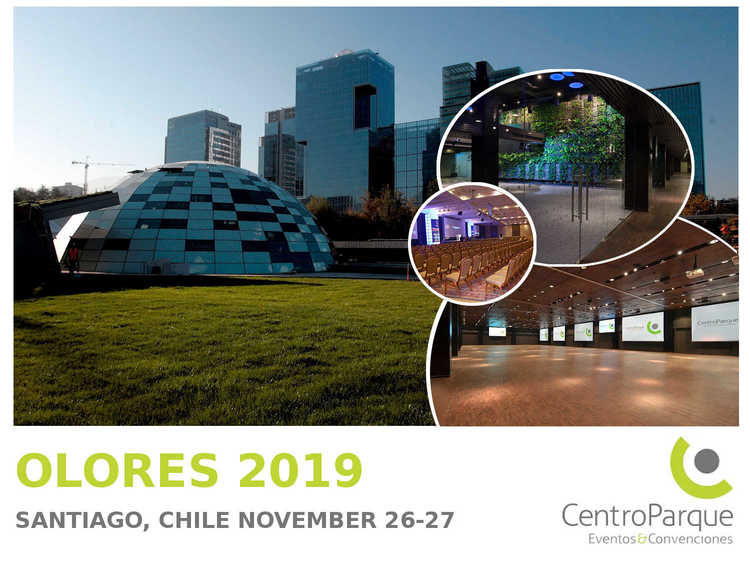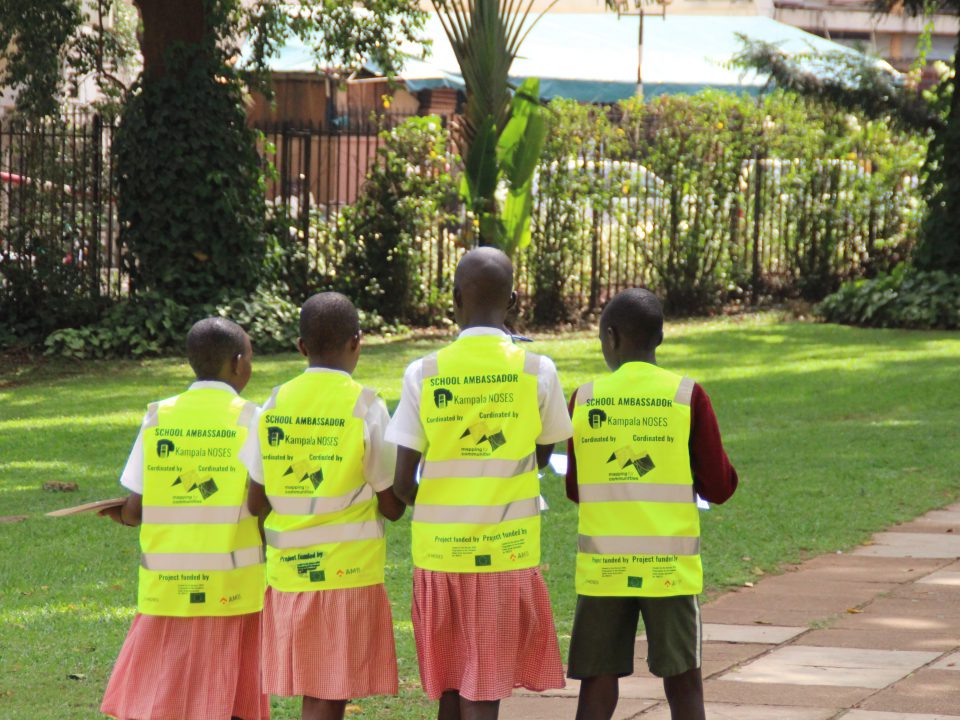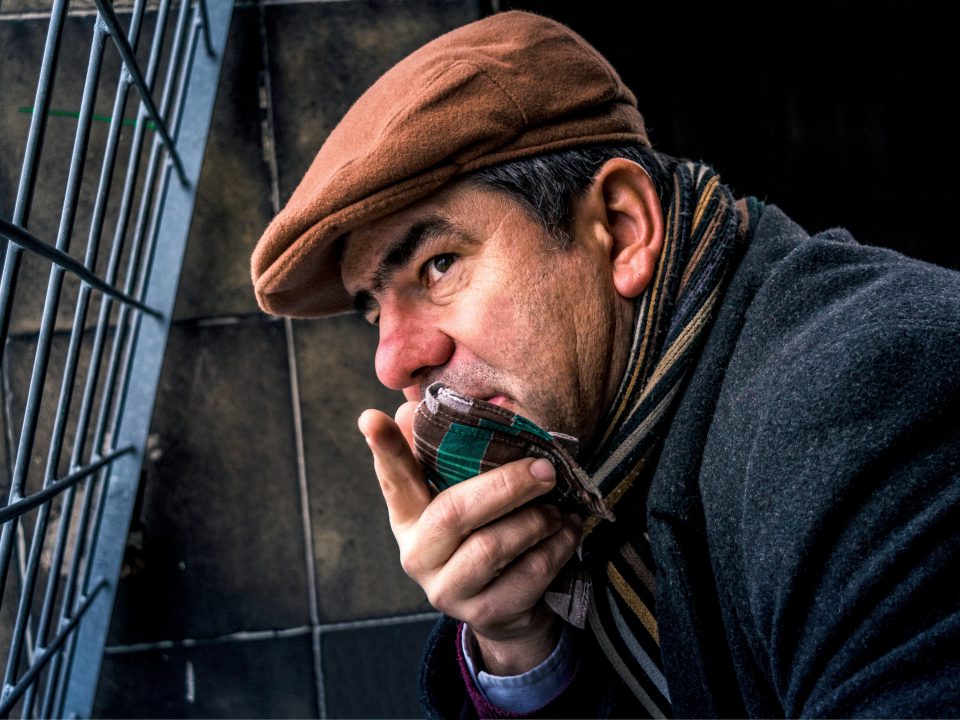- Happy or unhappy with the Odour Observatory? Tell us here!

D-NOSES and the Sustainable Development Goals
December 23, 2020
Odour Management: a Paneuropean Odour Limit?
February 17, 2021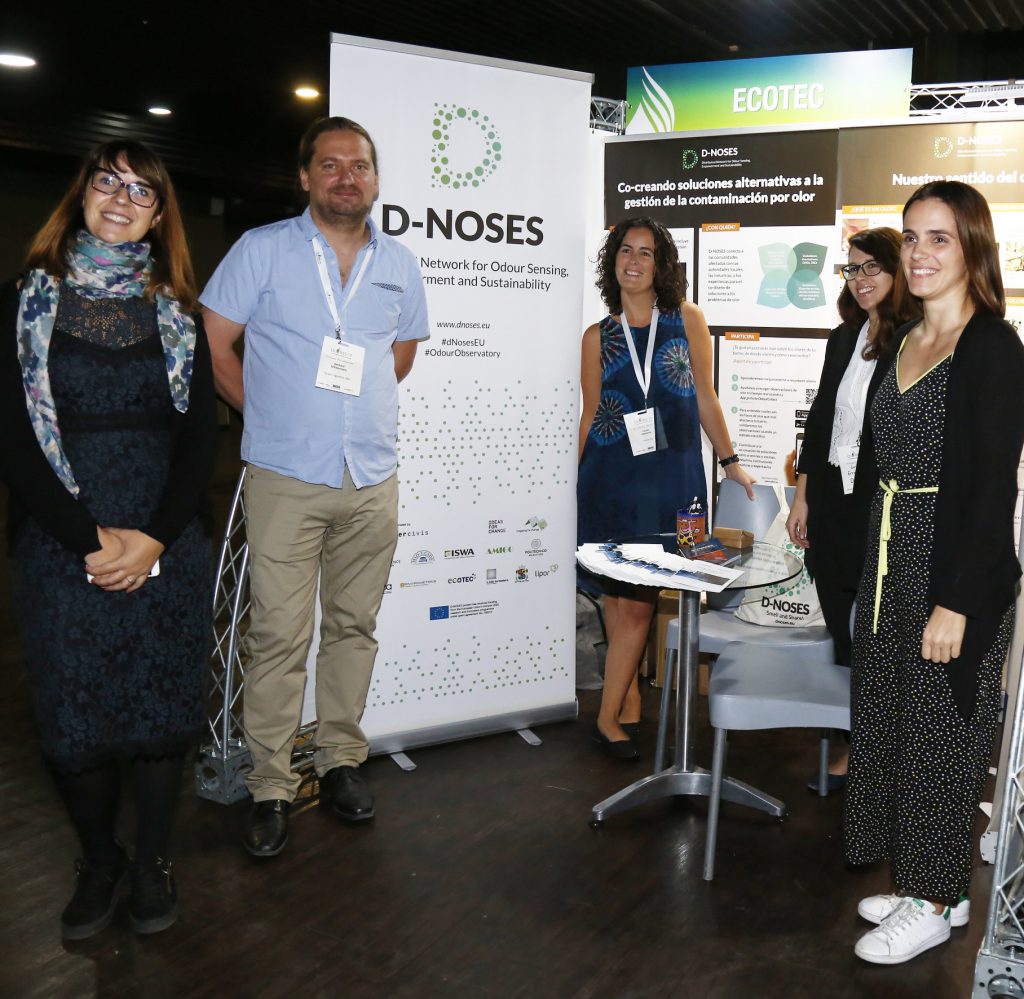
The participatory and co-creation process are key to real change and constitute one of the methodological bases of D-NOSES. During the “International Seminar on Odour Management” held in Cali (Colombia) on November 20 and 21, 2019, and during the Hispanic Odour Conference (OLORES19), held in Santiago de Chile on November 26 and 27, 2019, more than 100 people contributed with suggestions for the co-creation of content for the International Odour Observatory and the co-design of the OdourCollect app.
The participants, representing the quadruple helix, were mostly from the public sector (36%) and private (59%), but also with representation from academia (3%) and citizens (2%). The different profiles were divided into: responsible for emitting industries, experts in research and monitoring of environmental odours, environmental authorities who ensure regulatory compliance for the well-being of communities, and citizens affected by odour pollution.
By participating in the seminar, people sought training and to approach the problem on the current national and international context of odour pollution. In this way, they wanted to contribute to the improvement of the management of offensive odours and thus achieve environmental solutions.
One of the participants says that, as the person responsible for the environmental management of an odour-emitting activity, he must monitor the aspect of the generation of odours in addition to involving the public.
“There are industries concerned with mitigating and controlling odour pollution. Thanks to citizen participation, we can know how the people affected perceive the impact of odour and promote spaces for dialogue, thus allowing their active participation in management.”
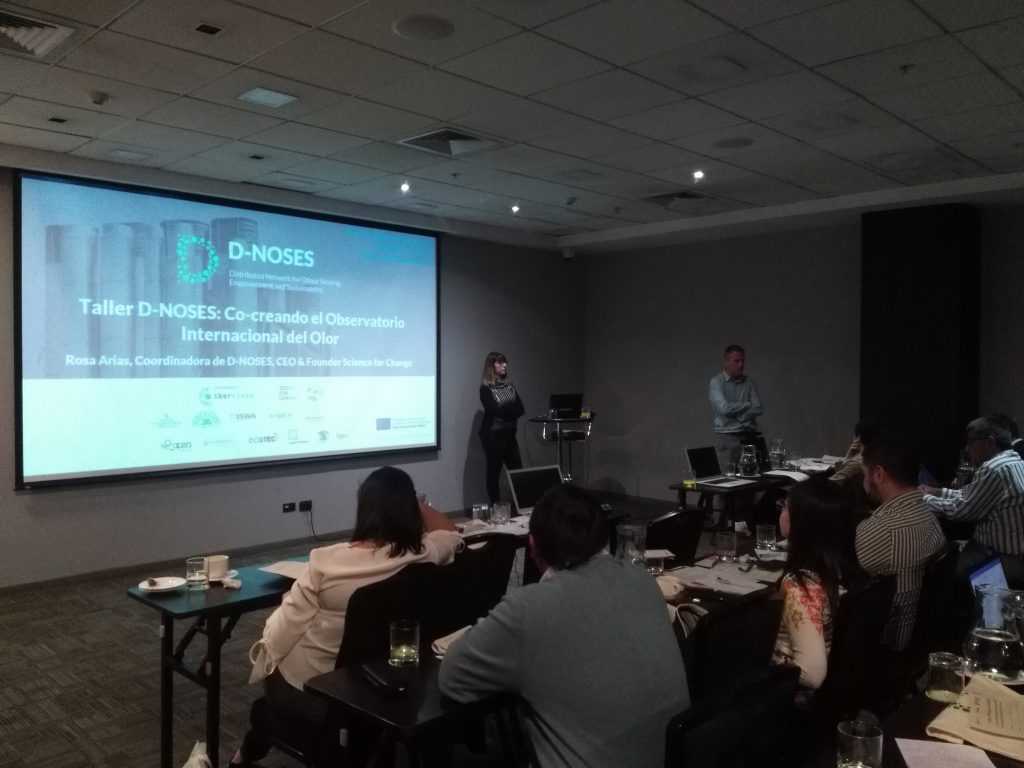
The participation of the attendees included different topics, from types of training they were looking for, suggestions for improvement in the OdourCollect app, maps they hope to find in the OdourObservatory to communication elements. A large part of the participants also showed interest in learning about the evolution of odour legislation in other countries.
“In both Colombia and Chile there are specific regulations and standards on odours, which differs from the situation in some countries of the D-NOSES consortium, such as Spain, Portugal or Greece. The level of interest in the seminars was exciting, and the degree of regulatory development regarding odours for the protection of citizens, both in Colombia and Chile, impressive. They are much more advanced than most European countries in this regard”, says Rosa Arias, D-NOSES Coordinator and CEO of Science for Change.
The results of this process of collective co-creation have been reflected in the development of the OdourObservatory and OdourCollect, following the D-NOSES bottom up methodological approach, which allows the contribution of quadruple helix actors in the process.
By Karinna Matozinhos, from Science for Change

